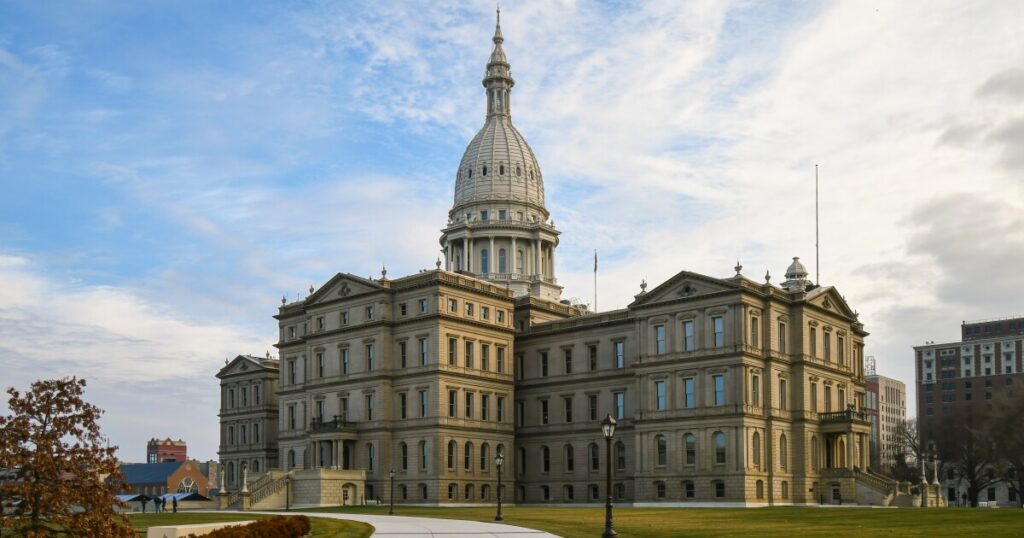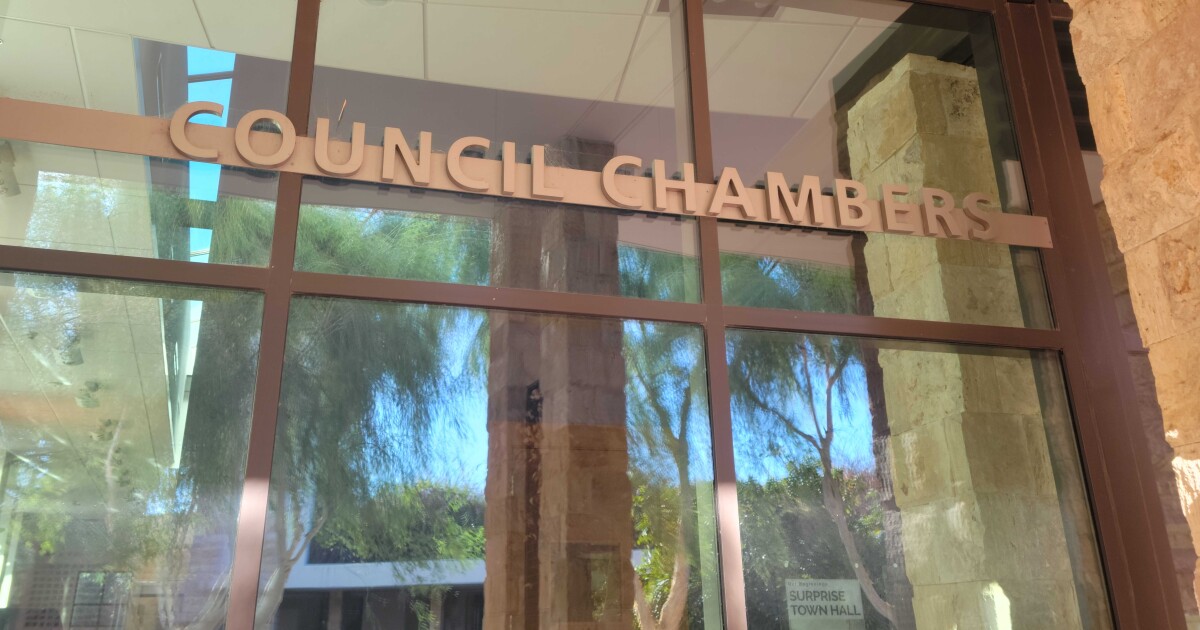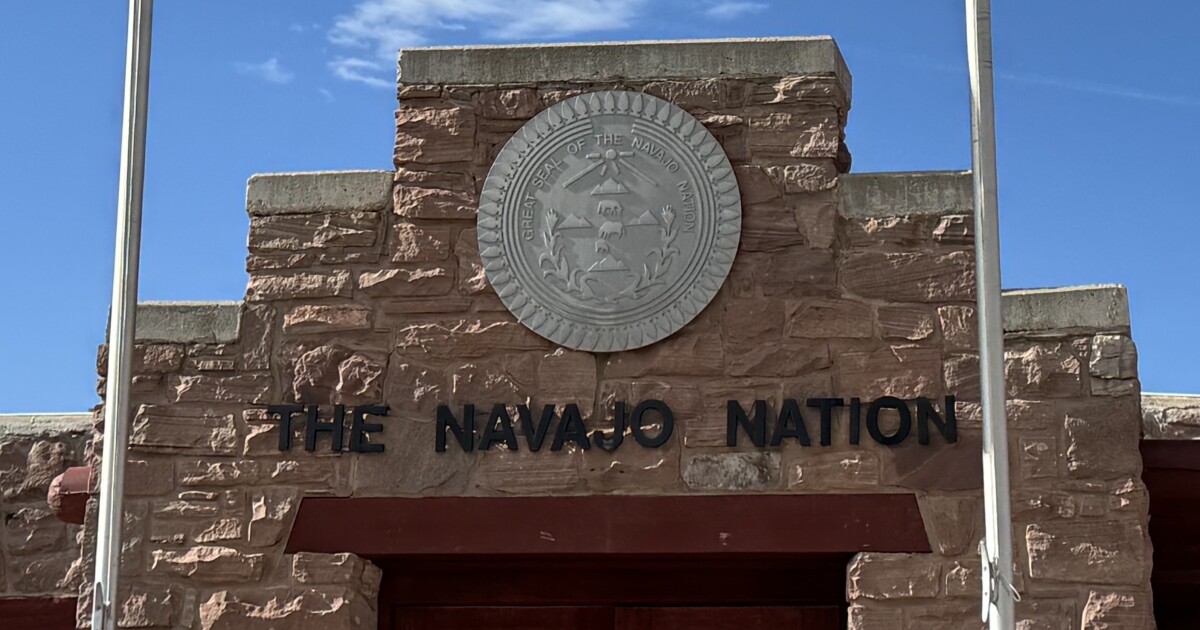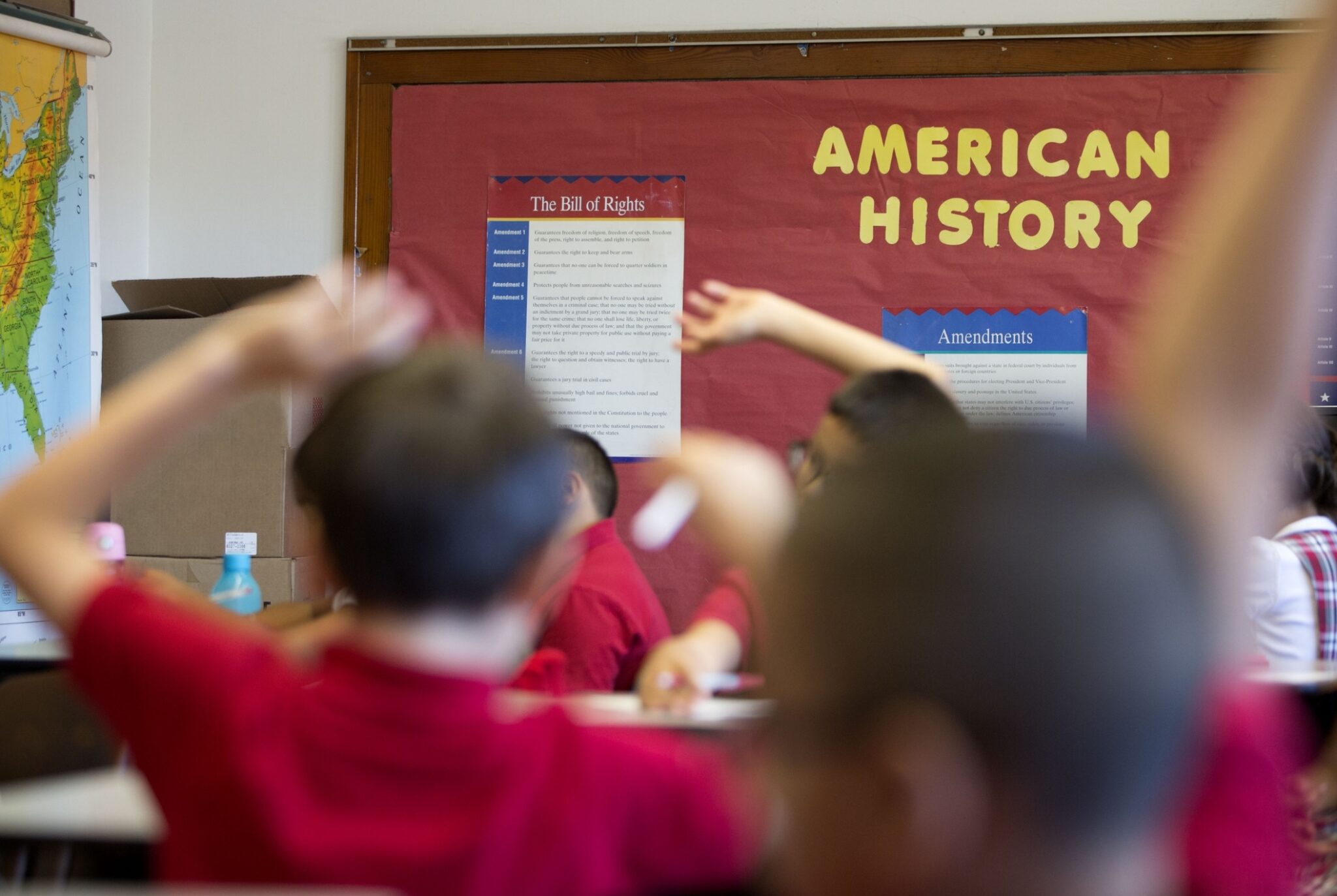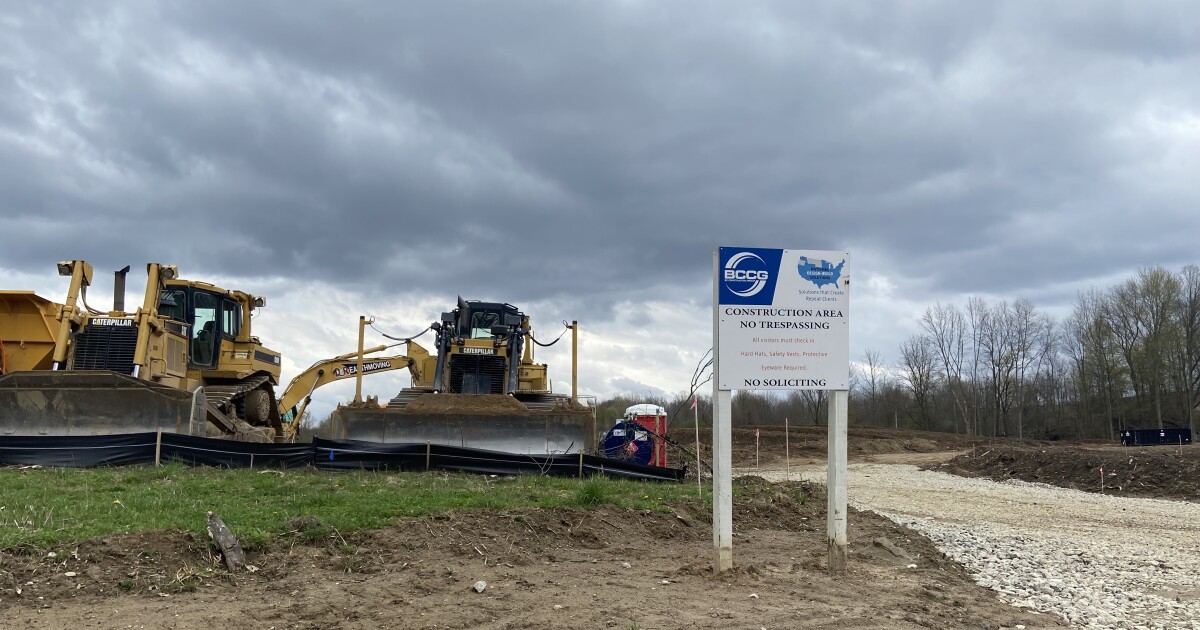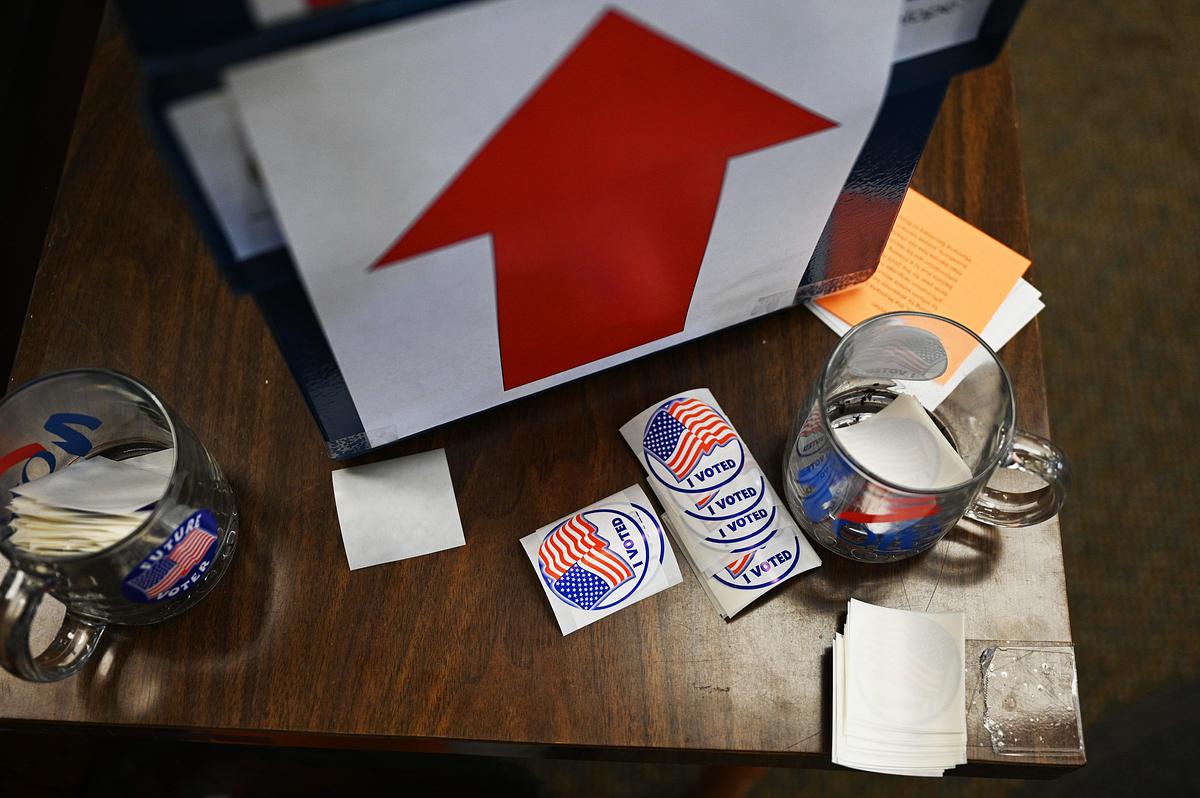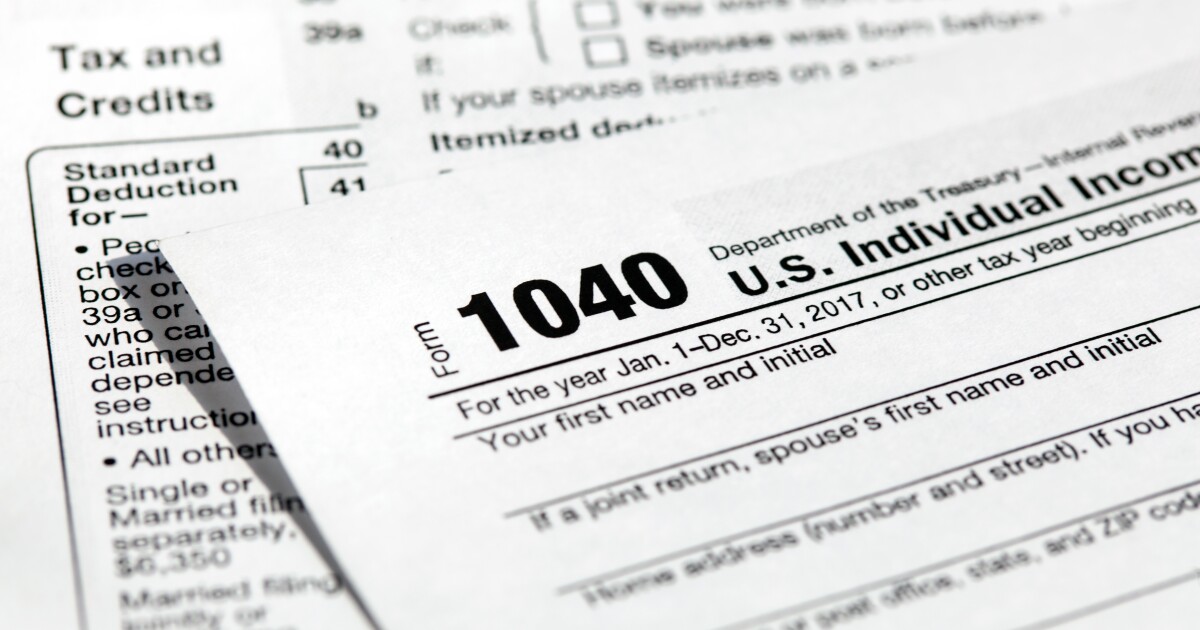In a move that has sparked both anticipation and controversy, Michigan Governor Gretchen Whitmer has announced the timeline for a special election to fill the vacant 35th state Senate District seat. This decision follows months of speculation and political maneuvering.
The special primary election is set for February 3, with the subsequent special election scheduled for May 5. This seat, previously held by U.S. Rep. Kristen McDonald Rivet until her resignation in January to join Congress, represents about 270,000 residents in Bay, Midland, and Saginaw Counties.
Governor Whitmer emphasized the importance of the election, stating, “We have a lot of good work to get done before the end of next year. Michiganders want us to create jobs and grow the economy, invest in schools and boost literacy rates, and, of course, fix those damn roads. I look forward to working with the next state senator from this district to tackle these issues and more.”
The upcoming election is crucial as it could shift the balance of power in the Michigan Senate, where Democrats currently maintain a slim 19-18 majority. A Republican win would result in a tied Senate, complicating legislative processes since a bill would require a full 20 votes to pass without being a tie-breaker situation for Lt. Gov. Garlin Gilchrist.
Despite its Democratic lean, the open seat is considered competitive. Michigan Republican Party Chair Jim Runestad criticized Whitmer for the timing of the election, suggesting, “She’s terrified because she believes there’s a very good chance Republicans will win that election and thus will stop her monopoly in the Senate.”
Potential Republican candidates include state Reps. Timmy Beson and Bill G. Schuette. On the Democratic side, state school board president Pamela Pugh and state Representative Amos O’Neal are among those showing interest in the race.
Criticism has arisen from various political perspectives over the delay in calling the election, with some residents feeling disenfranchised. A group even filed a lawsuit against the governor to expedite the process. In response, Whitmer’s attorneys contended that the court could not mandate a faster timeline than what she set.
According to attorney Phillip L. Ellison, representing the plaintiffs, the lawsuit was instrumental in prompting the election announcement, claiming, “For months, Lansing ignored the problem. Our lawsuit made it impossible to ignore any longer. Today’s election call is proof that the law, when pushed forward with persistence and courage, works.”
The Michigan state constitution does not stipulate a specific timeline for special elections post-vacancy, allowing governors some discretion. A notable precedent includes the extended vacancy in Detroit’s congressional representation from December 2017 to August 2018 under Republican Governor Rick Snyder.
The winner of the upcoming 35th District election will serve the remainder of the current legislative term, concluding at the end of next year.
—
Read More Michigan News

